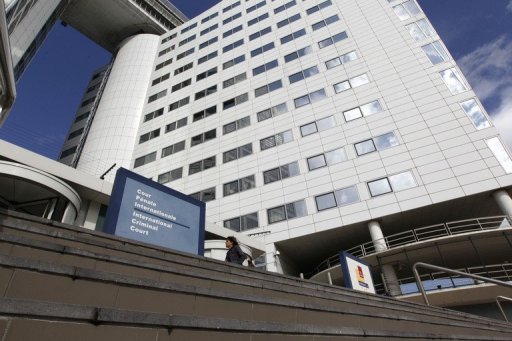Mohamed Al-Argawy, Chairperson of the Customs Committee of the Importers Division at the Federation of Chambers of Commerce (FEDCOC), has called for a review of specific provisions in the customs law pertaining to penalties for violations and the responsibilities of stakeholders and customs brokers.
Al-Argawy emphasized that the customs law serves as a cornerstone for guaranteeing and incentivizing investment, making it a primary focus for foreign investors considering both direct and indirect investments in Egypt. “Customs administrations worldwide face mounting pressure from local and international trade communities, especially in this era of globalization and trade liberalization,” he remarked, highlighting the increasingly complex and dynamic roles of customs authorities.
He pointed out that promoting trade has become one of the primary responsibilities of customs authorities in recent years, as mandated by the World Trade Organization. Achieving this requires a delicate balance between enforcing regulations and facilitating streamlined customs procedures.
Al-Argawy also underscored the importance of addressing the challenges faced by investors to bolster the competitiveness of Egypt’s national industries. He stressed that resolving these issues would drive economic growth, enhance production and exports, and encourage private sector involvement—key pillars of Egypt’s Vision 2030 development strategy.
One pressing concern he highlighted is the need to amend provisions in the executive regulations of the Customs Law, particularly those related to dual clearance systems for the same customs declaration. These provisions, he argued, contribute to delays in processing shipments of production inputs, creating bottlenecks for manufacturers.
Al-Argawy commended the recent decision by the Prime Minister to form advisory groups composed of private-sector experts. He stated that this initiative reflects the government’s commitment to leveraging professional expertise from various economic sectors, including business leaders who have demonstrated significant success. This collaborative approach, he noted, will expedite economic reforms, ensure macroeconomic stability, and promote fiscal discipline.
“Finding effective solutions to these challenges is critical for fostering a supportive environment for investment and advancing Egypt’s economic development agenda,” Al-Argawy concluded.



